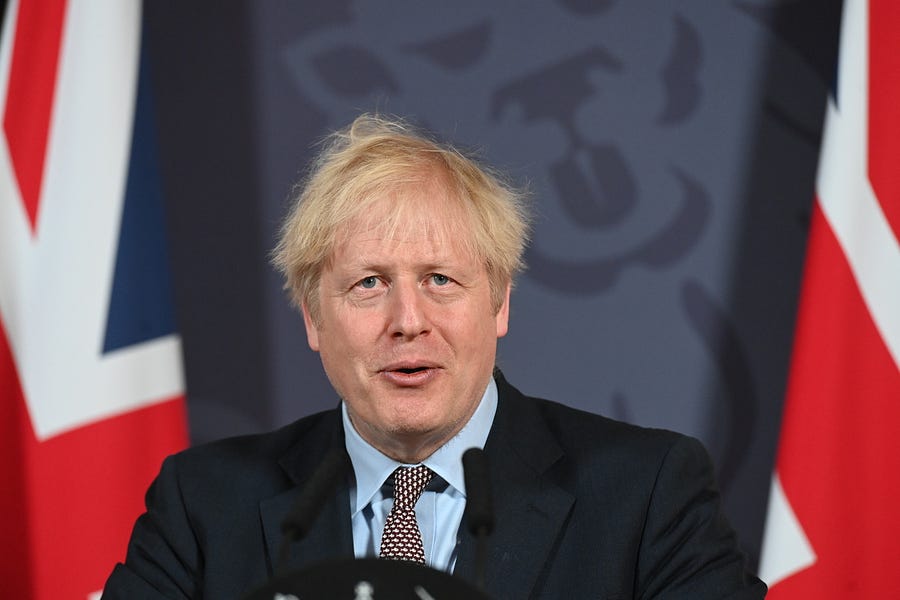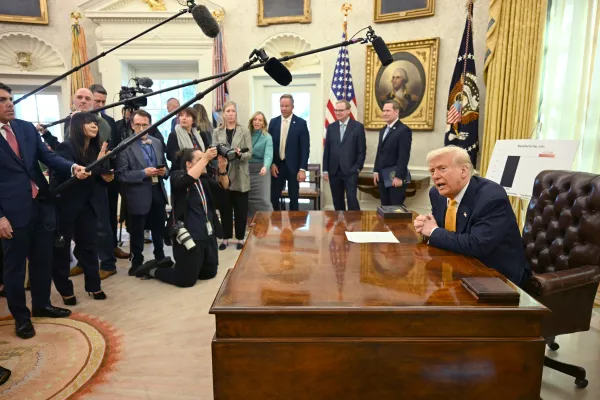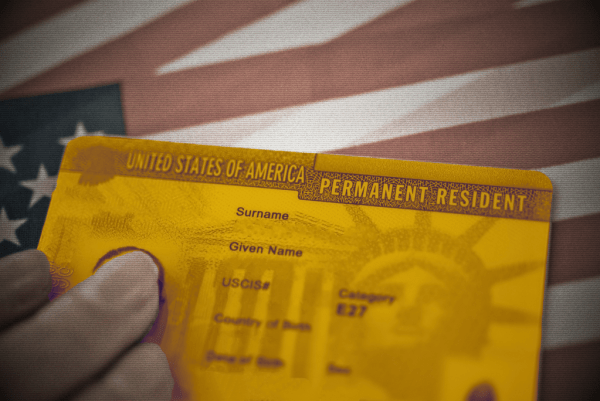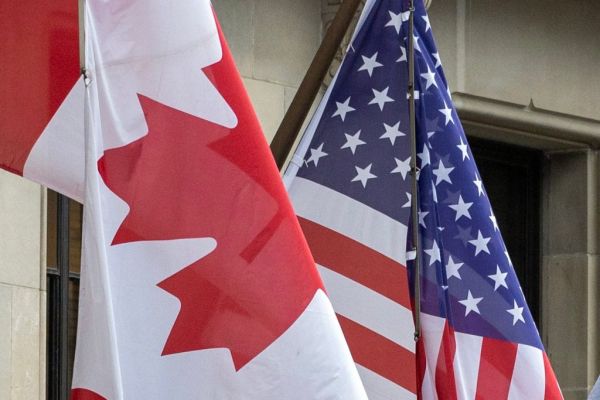Presidential transition periods in the United States are rarely a relaxing time for British prime ministers. The leader of the country that prides itself on its special relationship with the United States is prone to fret about just how special things will be with the new White House occupant. But even by these high standards, the transition from Donald Trump to Joe Biden has been uniquely fraught from a British point of view. U.K. ministers will be pleased to see Trump depart, but they are far from certain about what comes next.
Adding to the stress levels in London are Brexit—a close economic and political relationship with the United States is central to the role the U.K. sees for itself outside of the EU—and the many disobliging comments about Boris Johnson that have emerged from Joe Biden’s circle in recent years.
In private remarks in 2019, Biden is reported to have called Johnson the “physical and emotional clone” of Donald Trump. Secretary of State Antony nominee Blinken has called Brexit “a total mess.” If Britain came up on the campaign trail in 2020, it was generally because Biden was scolding the Johnson government for contemplating a Brexit option that might have jeopardized the Good Friday Agreement.
Tommy Vietor, a former Obama White House official and co-host of the Pod Save the World podcast said publicly what a lot of Democrats think privately when he wrote of Johnson’s congratulatory message to Biden, “This shapeshifting creep weighs in. We will never forget your racist comments about Obama and slavish devotion to Trump but neat Instagram graphic.” (The comments referenced by Vietor were made by Johnson in 2016, when he accused the “part-Kenyan president” of having an “ancestral dislike of the British empire.”)
Thankfully, the recent language of those closer to the Biden transition team has been more measured. But it could hardly be said to be warm. Nor does the U.K., consistently America’s closest ally, appear to be at the heart of the Biden administration’s plans. Politico recently quoted “someone familiar with Biden’s thinking” as saying that the president-elect is “seeking to strengthen and renew ties with the EU, and Britain is not going to be a part of that.”
The mistaken idea that Johnson is the British Trump, and a broader reluctance to see any opportunities in Britain’s departure from the EU, has blinded many in Democratic circles to just how much scope there is for constructive cooperation between Boris and Biden.
Take China, which promises to be the biggest geopolitical challenge of the Biden presidency and a rare point of continuity between Biden and his predecessor. While the EU recently cut a geopolitically disastrous investment treaty with Beijing, the U.K. government grows more hawkish by the week. Johnson’s government has taken a hard line on Hong Kong, offering visas to as many as 5.4 million Hong Kongers that will let them eventually become British citizens. Earlier this month it announced measures to prevent U.K. firms from using products manufactured by Uighur Muslims under slave-labor conditions. In an unusual but telling step, the U.K. is sending its aircraft carrier group to the Pacific to participate in joint exercises with the Japanese and U.S. military.
What’s true of China is true in a range of other important areas, too, from Russia to climate change. Britain has been positively trigger happy in its unilateral imposition of sanctions on Russian officials as well as human rights abusers around the world. Johnson, like Biden, has committed to net-zero emissions by 2050. The main difference between the two countries is that the U.K. is closer to achieving that goal.
The British government ultimately hopes that shared strategic interests and common goals will override the Biden administration’s preconceptions about Brexit Britain and its prime minister.
One U.K. government official stressed to me the difference between public and private statements. British officials have a “very good relationship privately with people who are prickly in public,” he said, insisting that when it comes to policymaking, it will be “so much easier for us with Biden than it was with Trump.”
Johnson’s plans to woo Biden, whom he has never met, hinge on two vital summits chaired by the U.K. this year. As this year’s G7 host, the British prime minister wants to hold a virtual meeting “within weeks” before breathing fresh life into the meeting by expanding it to include South Korea, India, and Australia to form a “D10” of the world’s biggest democracies at an in-person summit at a coastal resort in the U.K. this summer. The idea pairs well with Biden’s plans for a “summit of democracies,” underscores Britain’s seriousness about the threat posed by China, and it is a chance to show the ways in which the U.K. can continue to play an important role after Brexit.
In November, Britain plays host to COP26, the most important climate talks since 2015’s Paris summit. Here, too, Johnson, who recently described himself as “increasingly obsessed” with climate change, will have a chance to demonstrate Britain’s usefulness to the Biden administration on another of their top priorities.
The success of the Boris Johnson charm offensive ultimately depends on a receptive audience in Washington. Whether or not the Biden administration is willing to give Johnson, the man who delivered Brexit, the fair hearing he deserves will be a good test of whether the new White House team has adapted to the world as it exists in 2020, or is stuck fighting yesterday’s battles.
Oliver Wiseman is U.S. editor of The Critic.









Please note that we at The Dispatch hold ourselves, our work, and our commenters to a higher standard than other places on the internet. We welcome comments that foster genuine debate or discussion—including comments critical of us or our work—but responses that include ad hominem attacks on fellow Dispatch members or are intended to stoke fear and anger may be moderated.
With your membership, you only have the ability to comment on The Morning Dispatch articles. Consider upgrading to join the conversation everywhere.